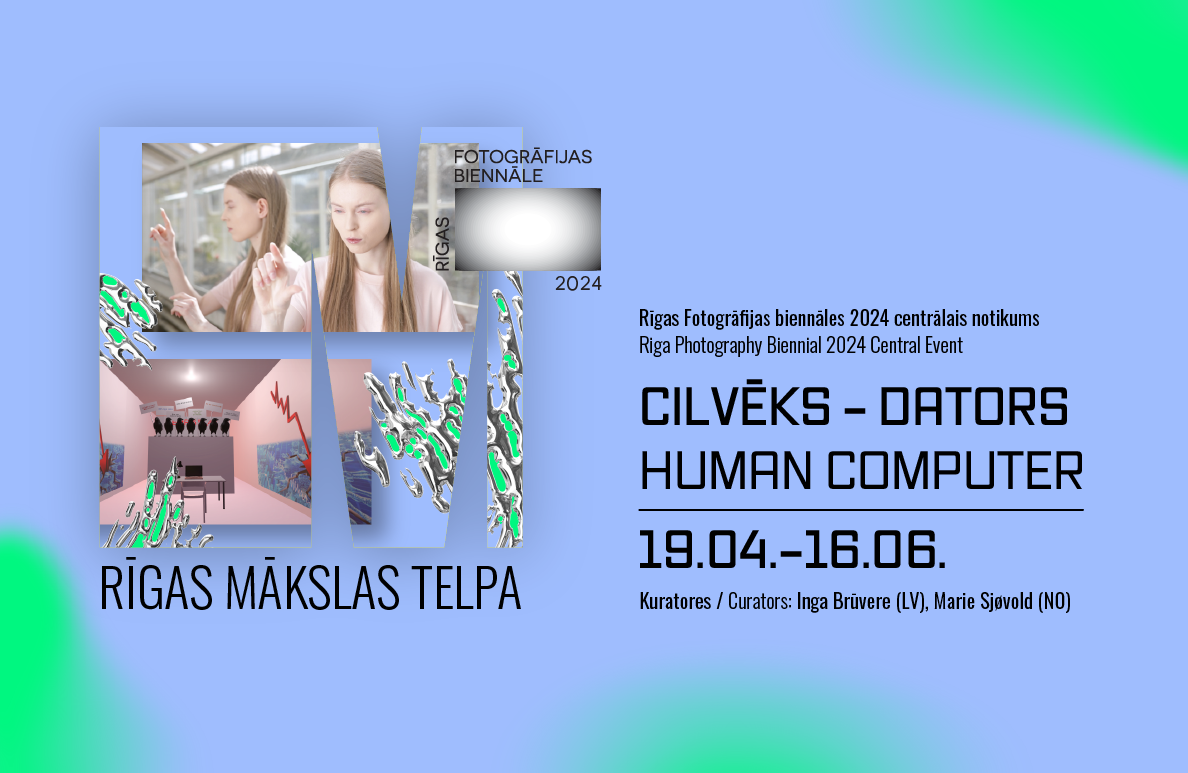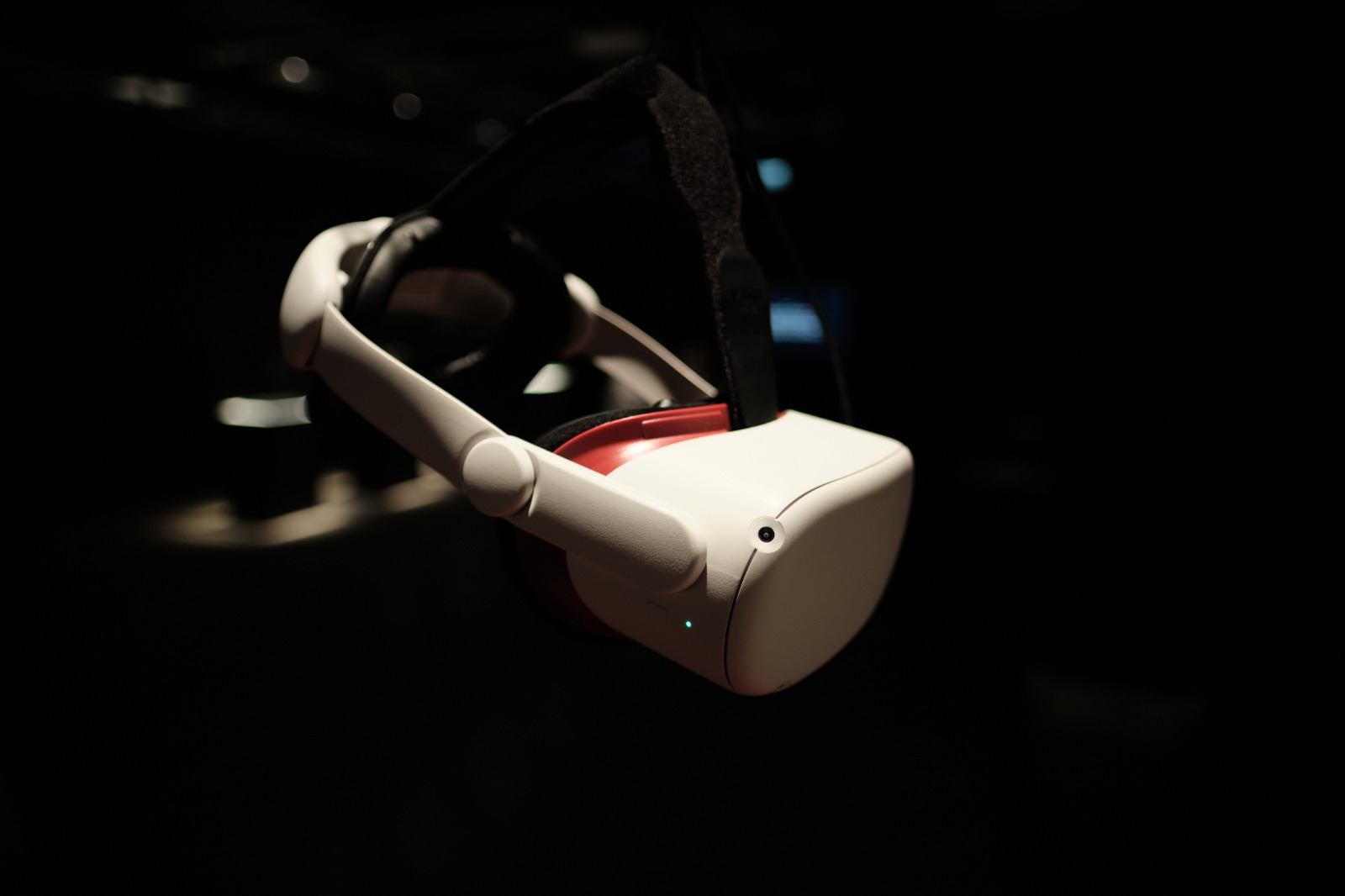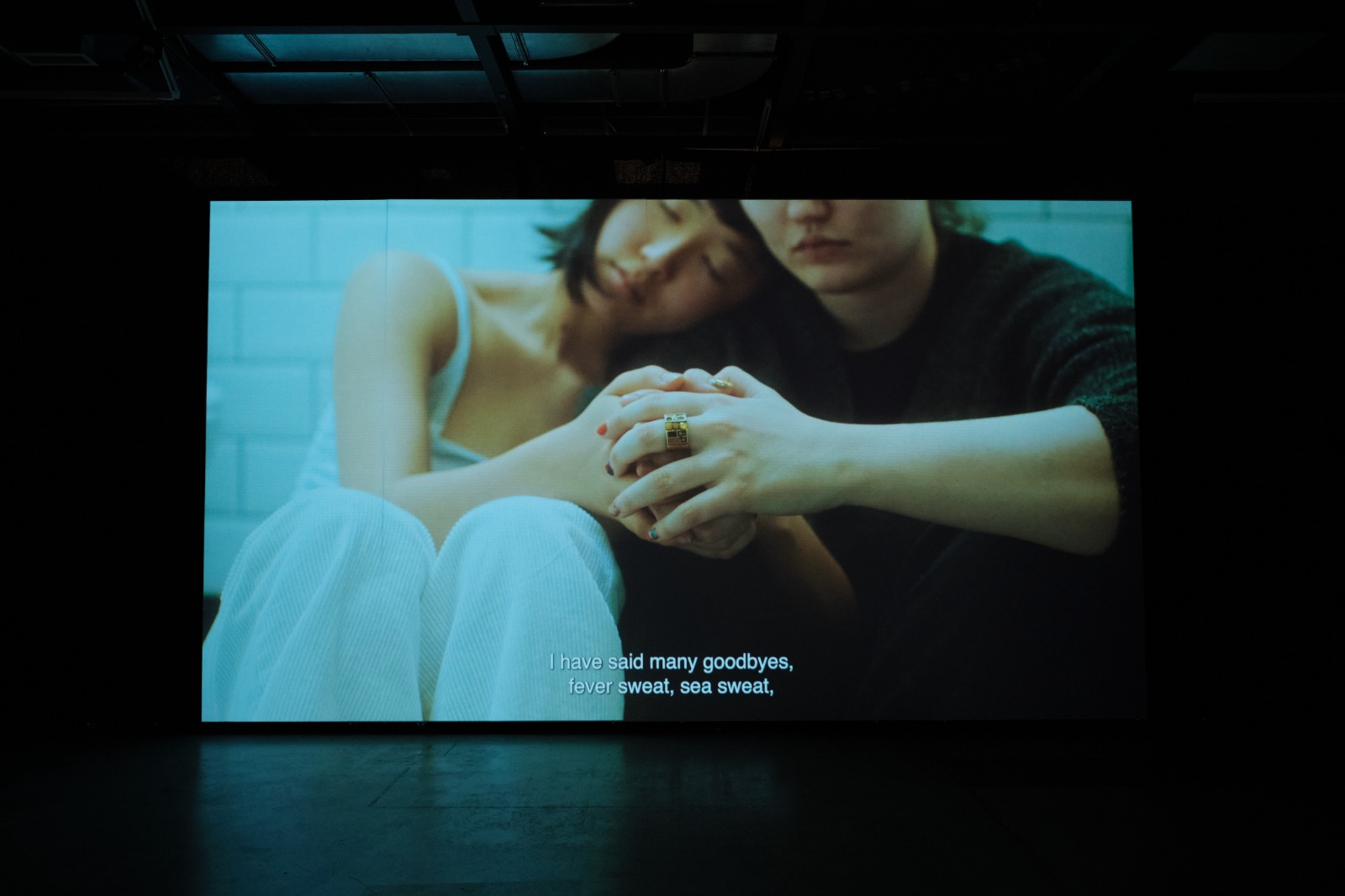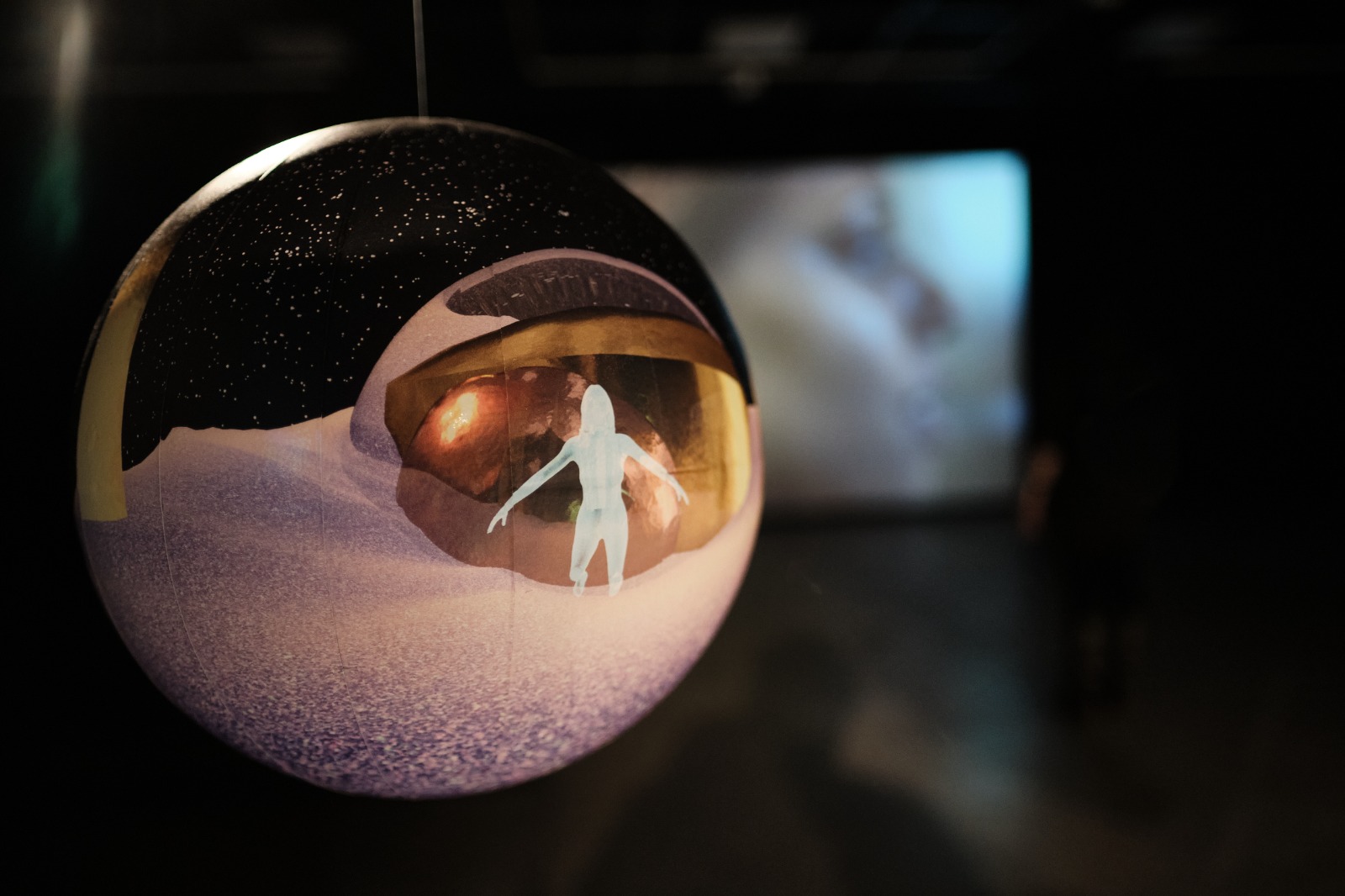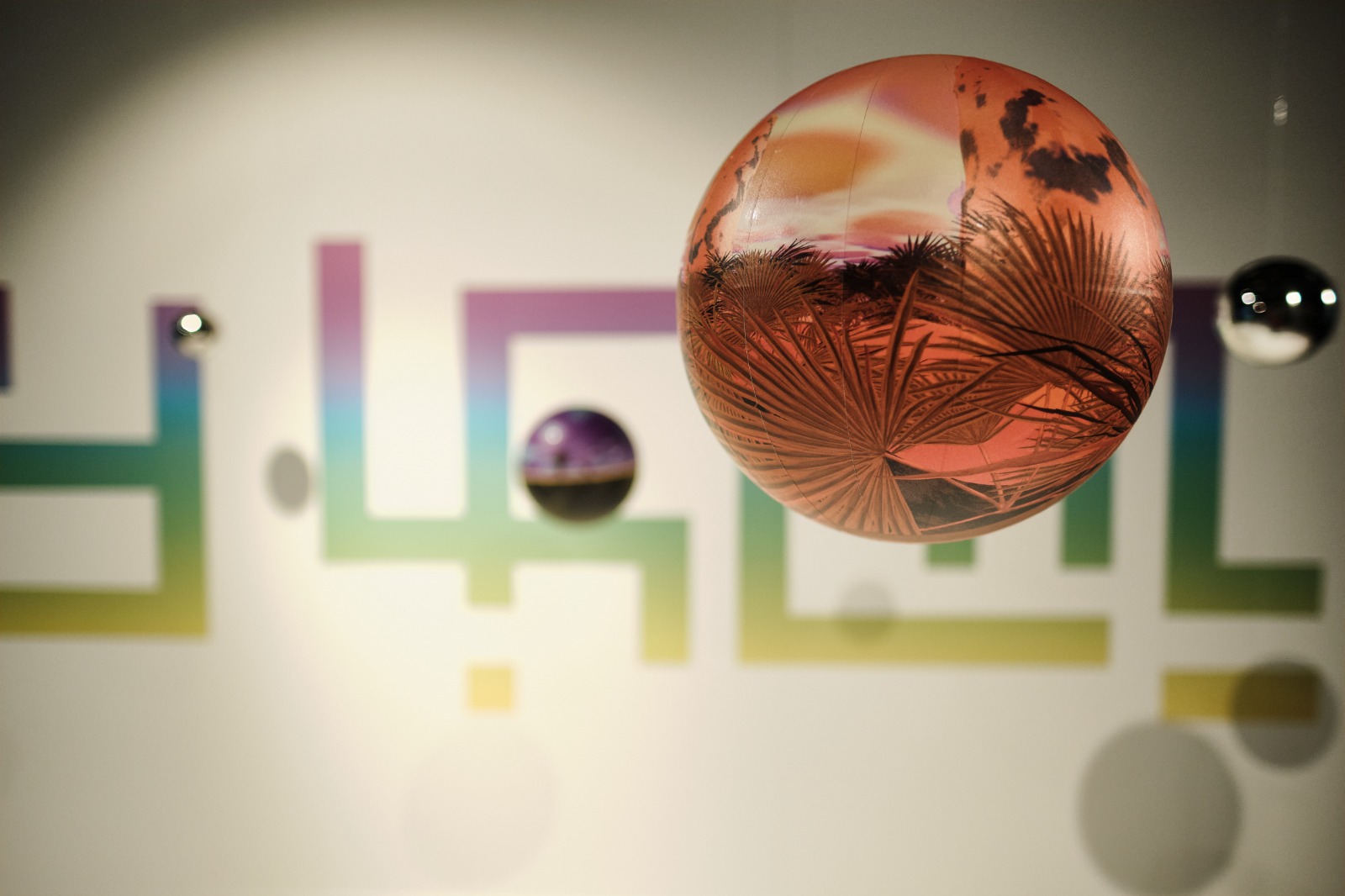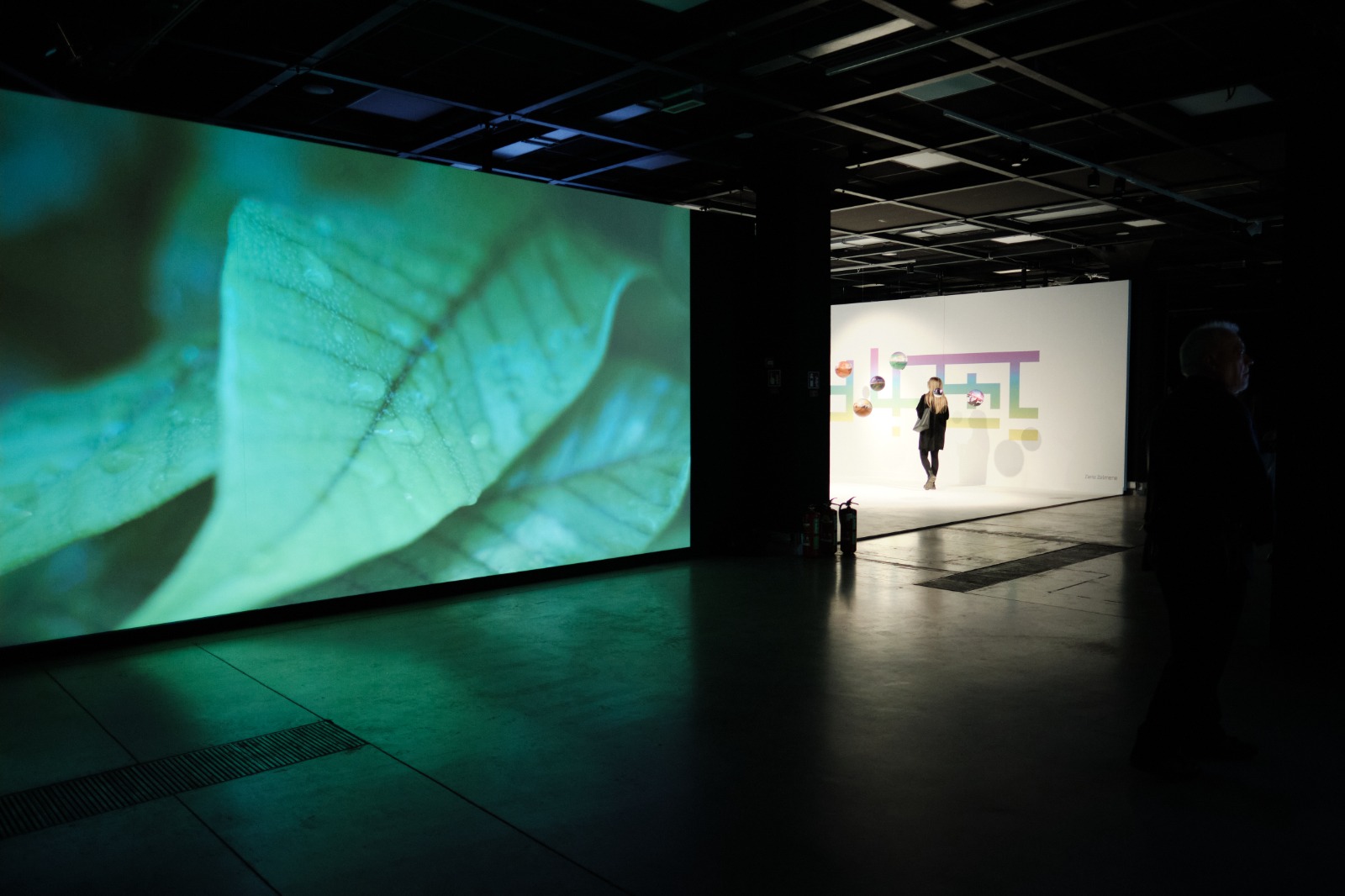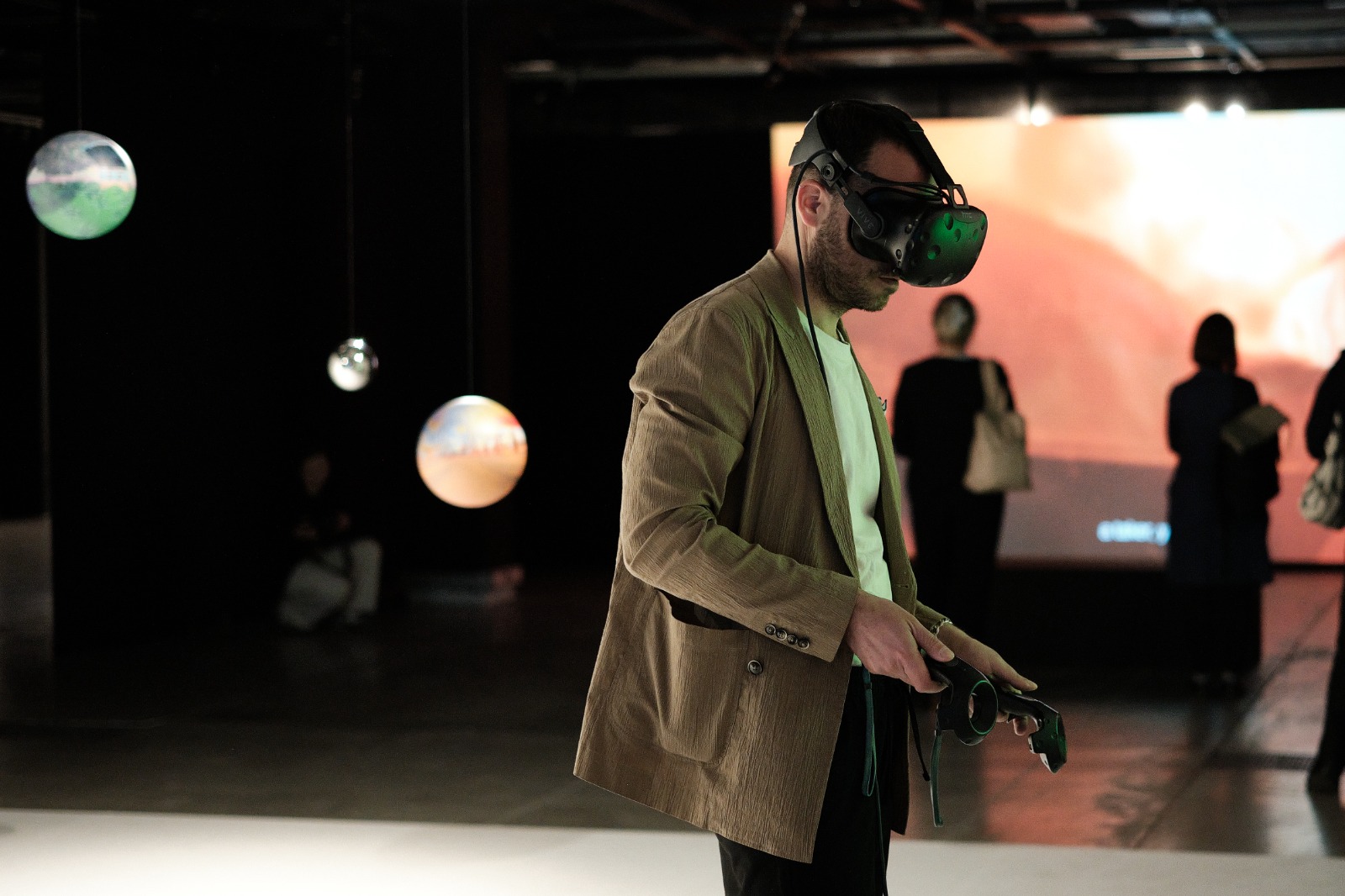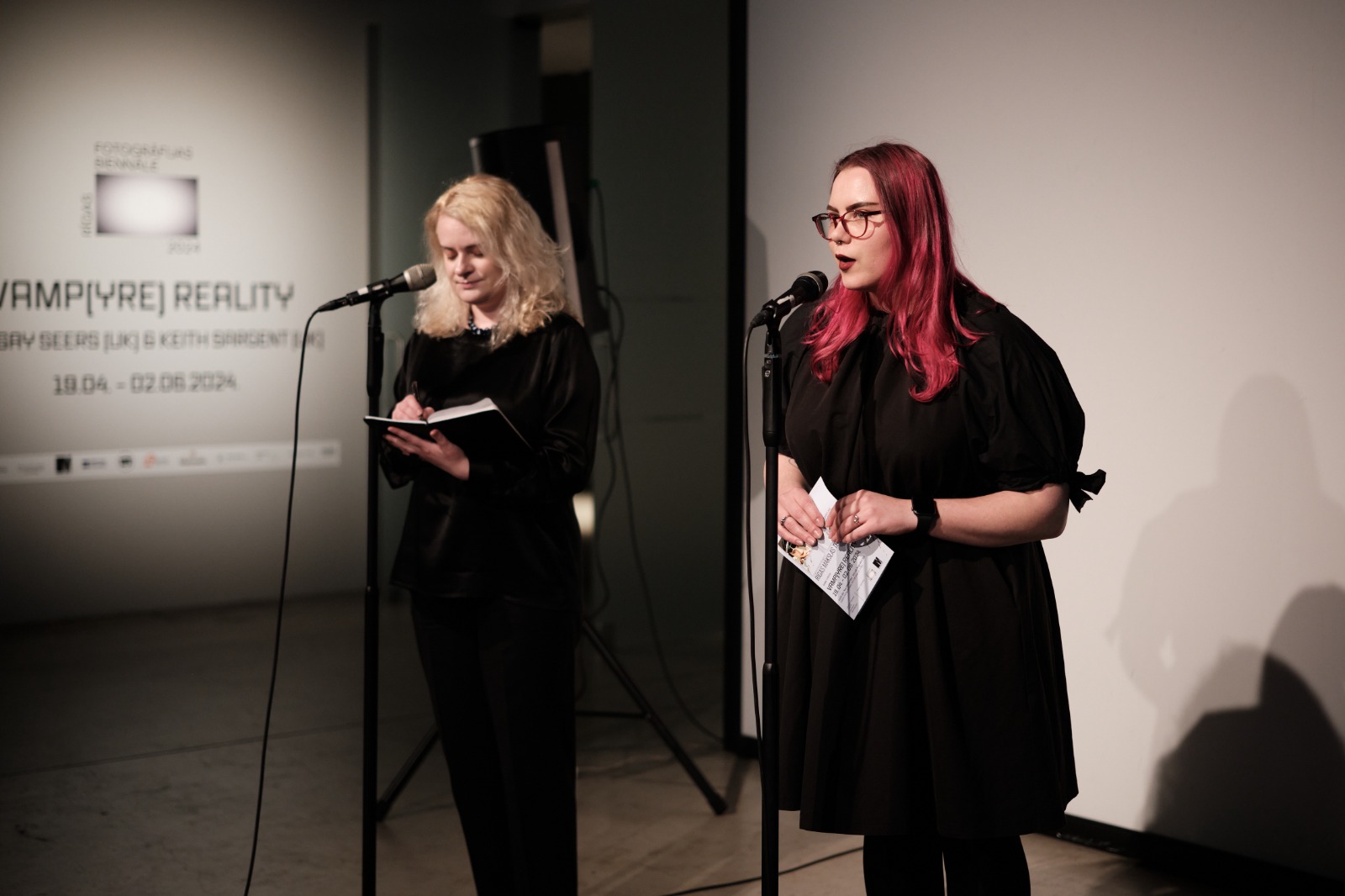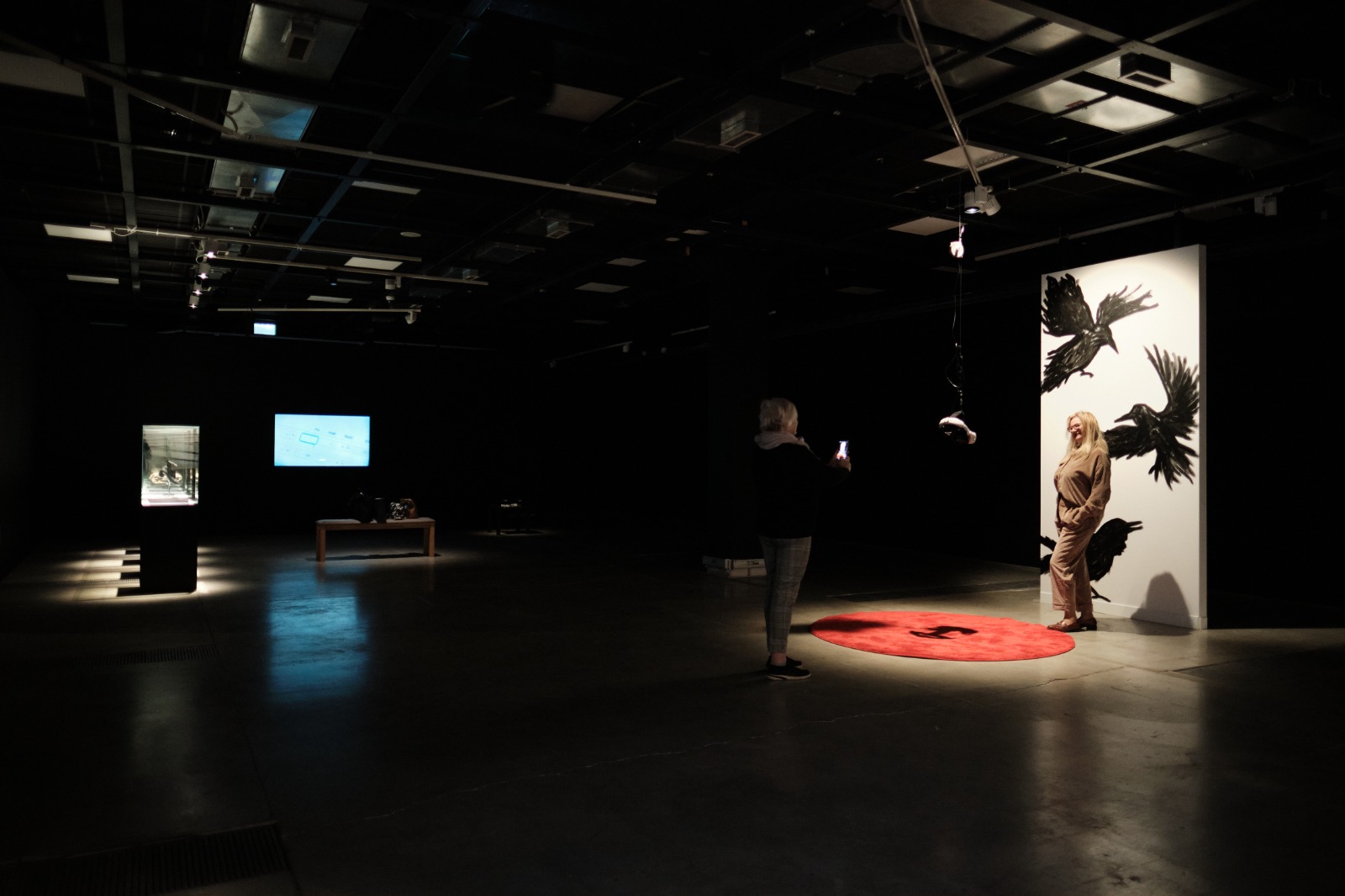Riga Photography Biennial 2024 Central Event - Exhibition ‘Human Computer’
19.04.-16.06.2024. 11.00-18.00The exhibition Human Computer is devoted to the group of eternal existential questions whose answers have to be re-evaluated from time to time. At its centre is the naive question: “Who am I?”, followed by a flood of similar attempts at self-understanding: “Who are we? Where do we come from and where are we going? Why is this happening? Why do we act like this? What do I feel? How do you feel?”
We live in hurried, interesting times, which constantly surprise and entice us with new technological means of improving the quality of our lives. We quickly adapt them to our daily rituals until we realise that these technical assistants are already pretending to become part of our personalities (thus, without a smartphone the individual is left helpless). Hence the era requires a new understanding of the essence of being human, a redefinition of the very idea of the human, a change in the existing perceptions of the self and the borders of one's personality. We are by now very close to the state predicted by Donna Haraway's A Cyborg Manifesto, published in 1985, predicting an era in which “people are not afraid of their joint kinship with animals and machines”.
Attempting to grasp and analyse what is going on around us, thinkers operate with familiar words in new combinations: the digital era, screen-based culture, post-internet, networking, global village, posthumanism, transhumanism etc. Among these, the broadest term is “posthumanism”, which means the rejection of the dominant idea of humanism, in particular dismissing the anthropocentrism it postulates, referring to the selfish conceit that humans are the centre of Universe, with the word “human” mostly understood to apply only to white males. The roots of posthumanism as a theory are to be found after World War II, when the evil and destruction wrought on the world in the name of humanism was plain to see. Subsequent decades saw the rapid development of cybernetics, raising hope of giving back to humans their lost sense of security, to improve them, make them harder to wound. At the same time, the human machine poses a threat to human autonomy, namely, the man as conceived during the enlightenment as a creature endowed with consciousness and concisely defined by French philosopher and scientist René Descartes' credo cogito, ergo sum – “I think, therefore I am”.
Both our thinking and the growing interaction between humans and technology is also affected by changes in image culture. Photography, canonically understood as an aesthetical and documentary image, has turned into one of the primary means of communication, which functions predominantly in the virtual realm. Already in the very first Riga Photography Biennial in 2016, Lithuanian artist and theoretician Paulius Petraitis drew attention to these transformations: “What has recently been termed ‘the screen-based culture’, marred with Internet platforms, offers radically new ways for the sharing and viewing of images. This networked condition expands photography, enabling its functionality as a key participant in digital culture. The network empowered images are endlessly re-usable in various contexts – even simultaneously. This radical potentiality shifts the cultural positioning of the medium. A photograph is no longer (or rather, not only) an image of a fixed “that has been” anchored in an aura of authorial meaning. It is now part of a mouldable and un-ceasing stream of data” (from the article “Curating Photography in the Digital Age: New Challenges and Blog Re-Blog” in the catalogue of RPB 2016).
These vitally important themes have also often been considered by the participants of subsequent Riga Photography Biennials. Human Computer, the central exhibition of the fifth biennial, likewise reflects on subjects that touch on several aspects of identity – body, gender, and social and historical identity. From different perspectives, the artists have turned to the following question: how do the emotional manifestations inherent in human nature – feelings, pain, compassion – adapt to today's digital world?
Participants: Stephanie Dinkins (USA), Andreas Refsgaard (DK), Synnøve Sizou G. Wetten (NO), Victoria Durnak (NO), Cloe Jancis (EE), Nastja Säde Rönkkö (FI), Ieva Vīksne (LV), Zane Zelmene (LV)
Curators: Inga Brūvere (LV), Marie Sjøvold (NO)
Text by: Aiga Dzalbe (LV)
Scenography: Inga Brūvere
Partners:State Culture Capital Foundation of Latvia, Riga State City Council, Association of Cultural Institutions of Riga State City Council Exhibition Hall "Riga Art Space”, Office for Contemporary Art Norway (OKA), Nordic Council of Ministers’ Office in Latvia, Royal Norwegian Embassy in Riga, Danish Cultural Institute, Embassy of Finland in Riga, Estonian Embassy in Riga, printing house “Adverts”, Valmiermuiža Craft Brewery, “Rixwell Hotels”, Arterritory.com, Echo Gone Wrong, NOBA.
Image: Stephanie Dinkins ‘’Conversations with Bina48’’, video still, 2018
